We delight in sharing hard-won knowledge; there’s always a better way.
Rectifying defects predictably (case study)
Challenge
- Diagnosing and fixing software faults on critical path
- Work volatile and difficult to plan
What we did
- Get the data
- Analyse - generate insights on rework and waste
- Gain team buy-in: workshop to find solutions
- Enter improvement loop; exploit quick wins
Outcome
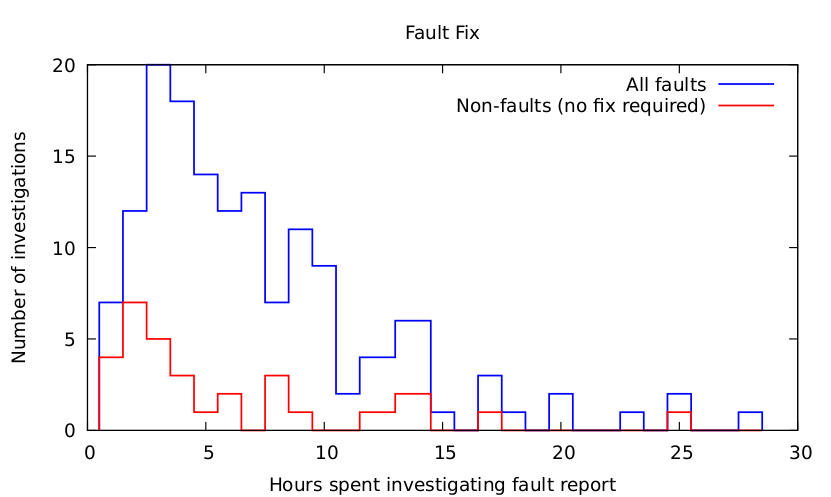
Benefits
- Predictable delivery
- Project back on track
Find out more
Get in touch with us to book a call. Working together, we will explore how to leverage the power of data and AI in your organisation and generate competitive advantage.
Restoring Control (case study)
Challenge
- All projects - what to focus on, when will it be done?
What we did
- Define milestones
- For each milestone, build consensus on scope and date
- Iteratively improve predictions using data-driven models
Outcome
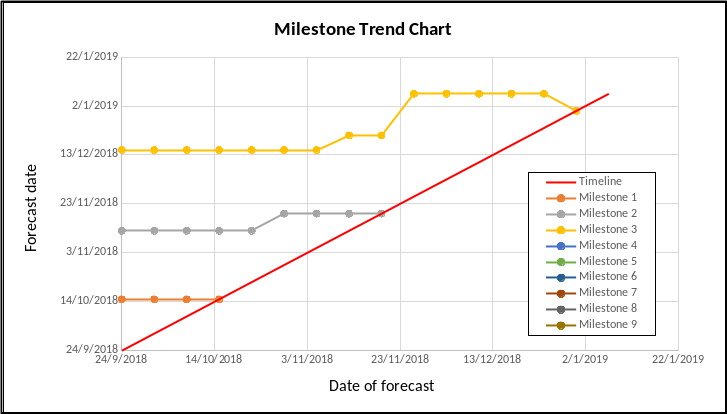
Benefits
- Clarity
- Delivery on time
Find out more
Get in touch with us to book a call. Working together, we will explore how to leverage the power of data and AI in your organisation and generate competitive advantage.
Visualising complex product development (case study)
Challenge
- Novel and complex hardware and software product
- Priority areas unclear
What we did
- Get the data from project file
- Visualise the information
- Identify relationships
- Review with the team
- Build consensus on status and priority areas
Outcome
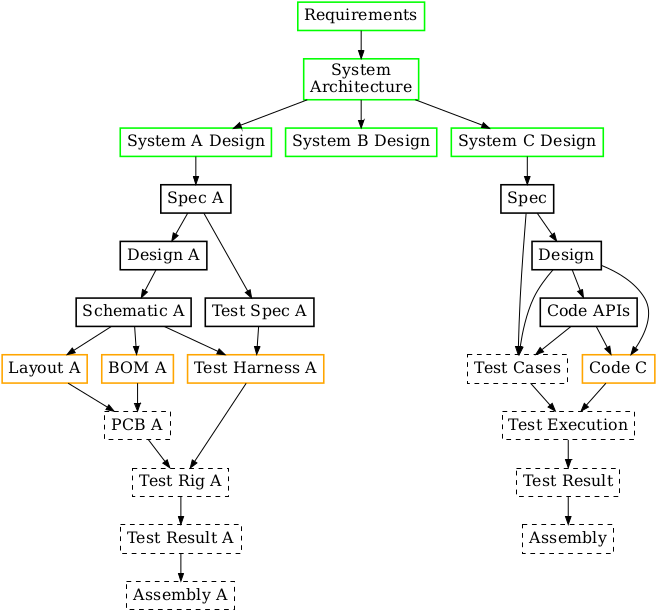
Benefits
- Product flow
- Alignment with strategic goals
- Confidence
Find out more
Get in touch with us to book a call. Working together, we will explore how to leverage the power of data and AI in your organisation and generate competitive advantage.
Can AI replace the project manager?

Today is a busy day – as is every day in my life as a consulting project and programme manager. I start the day responding to emails and checking the diary, attending video conference calls, checking progress of actions and agreeing new actions.
I then get together with my PMO to review progress updates from our team and suppliers. We update the schedule, and extend our plans into the next phase of work. A team member asks me to review their documents before they send to the client. When that’s done I’m reviewing and refreshing the risk and opportunity register. Every week I prepare for review meetings, compiling and submitting progress reports; much copying and pasting of information throughout. Every month I do the same with all the governance and senior stakeholder reports.
APM Thames Valley
On 9th Dec 2020 I will be presenting a webinar, organised by the APM’s Thames Valley branch titled “How do you know your project is on track? The role of data.”
To find out more, visit the event page where you can sign up.
Find out more
Get in touch with us to book a call. Working together, we will explore how to leverage the power of data and AI in your organisation and generate competitive advantage.
Think Differently - Redefining Diversity
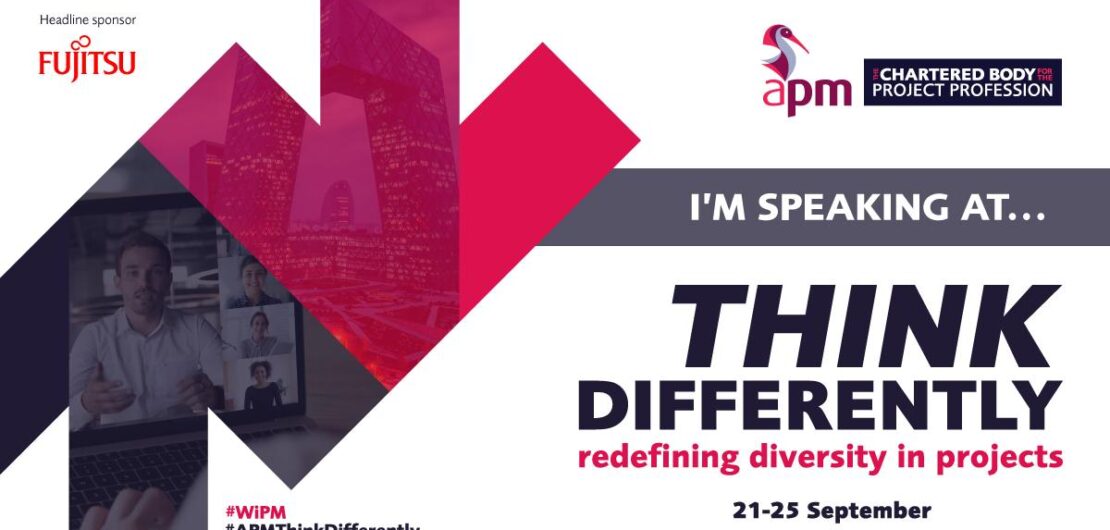
I will be presenting at the APM‘s Think Differently 2020 online conference 21 – 25 September 2020.
This is a five day virtual event organised by the Association for Project Management, featuring the APM Women in Project Management Virtual Conference.
On Tuesday 22 September at 11am I’ll be presenting on “How a diverse project team can bring extra benefits (and how to get them)”.
This event is open to all (APM members can go free) – sign up on the APM’s website. I look forward to seeing you there!
Brexit from a Project Management Perspective
Brexit was a highly divisive topic from 2016 through to 2020; this article takes a ’lessons learned’ view to see how strategic change can be managed better “next time”.
The Beginning
Once in a while a monumental change happens in our society, that we, as project delivery professionals, owe it to our community to study and learn from. Brexit is one such change. What insights and lessons can we derive as project managers from Brexit, or in particular, the process through which the UK intends to leave the European Union?
AI in Project Management

Artificial intelligence (AI) is pervasive: decisions made by AI influence our choices and our lives every day, often without us realising. These decisions, driven by algorithms, are changing society. What does this mean for us as project managers, and how should we adapt? What is AI?
What do we mean by AI? First, we must distinguish between classic or pure AI (‘thinking computers’) and applied AI (the application of specific algorithms to develop systems that exhibit machine intelligence). The latter is what most people understand by AI, and what I am focusing on here.
Project Physics

Physics is all about change. The universe, and everything within it, is evolving and in a state of constant flux. Projects are no different. Change is both what a project is, and a way of life.
Modern physics is remarkable. We have learnt to see inside the atom, and the constituent parts of atoms. The latest generation of space telescopes are staring further back in time, to an epoch not long after our universe came into being. The major discoveries of physics – Newtonian mechanics, thermodynamics (statistical mechanics), electromagnetism, quantum mechanics, general relativity and The Standard Model – that sets out the plethora of particles detected in particle accelerators such as CERN’S Large Hadron Collider – are remarkable intellectual triumphs. They underpin the modern world, and are a huge driver of development and economies. The technology in your smartphone owes itself to many generations of scientists, building upon one another’s discoveries.
Making the case for advanced project data analytics
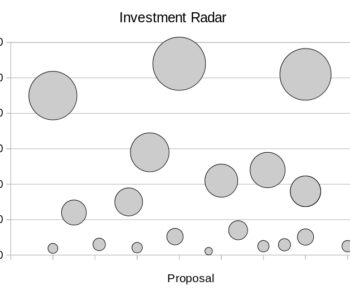
On Tuesday 3 September 2019 I ran an interactive workshop with the Bristol branch of the Project Data Analytics Meetup. We reviewed the art of change in the context of Advanced Project Data Analytics, and developed persuasive arguments for making the case for change. Here are the slides (to follow).
Find out more
Get in touch with us to book a call. Working together, we will explore how to leverage the power of data in your organisation and generate competitive advantage.